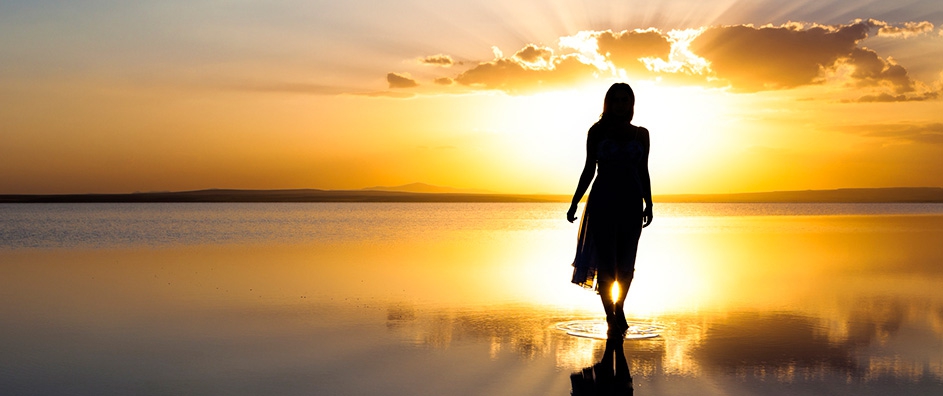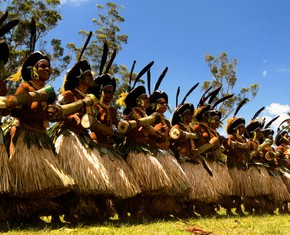The views expressed in our content reflect individual perspectives and do not represent the authoritative views of the Baha'i Faith.
Would you rather be buried or cremated? That’s the uncomfortable question I asked several friends after the sudden death of a relative.
It turns out, at least statistically, that your answer might depend on your spiritual outlook. Studies indicate that areas with the highest number of cremations also have the largest numbers of religiously unaffiliated people.
Additionally, some people believe that cremation gives family and friends a wider latitude in personalizing memorials:
The National Funeral Directors Association attributes the movement to aging baby boomers who want to make their memorials (and those of their loved ones) more meaningful. When a body is cremated, families have more flexibility for the memorial: The remains can be easily transported, there’s no time constraint, and the ashes can either be scattered at a meaningful site, or incorporated into keepsakes such as jewelry or even into a coral reef. – Fortune.com.
Beyond all that, the cost of a funeral and a burial usually exceeds the cost of cremation. The average funeral and burial now costs more than $7000, the National Funeral Directors Association estimates, while the average cremation and funeral costs $6083, and can cost much less.
But all of these considerations chiefly concern the living, and ignore an important issue: what about the soul of the departed? For Baha’is, that question is the critical one, which is why Baha’i funeral and burial practices focus on the gradual, peaceful and dignified journey of the soul as it leaves the physical body behind.
So Why Do Baha’is’ Bury Rather than Cremate?
Baha’is believe the human soul and the human body both grow and develop gradually over the course of time, just as a baby physically and mentally develops while in the womb of the mother. In the same way, the Baha’i teachings say, the body should leave its earthly existence organically and naturally over the course of a period of time—not suddenly as it does in cremation:
Where universal phenomena are concerned, no matter how long and hard the human intellect may struggle to find the right procedures or the perfect system, it can never discover the like of the divine creation and its order of transferences and journeyings within the chain of life. For the transferences, the compositions, the gatherings and scatterings of elements, and of constituent parts and substances, proceed in a chain that is mighty and without flaw. Observe the effective universal laws and see to what a degree they are solidly established, secure and strong.
And just as the composition, the formation, and growth and development of the physical body have come about by degrees, so too must its decomposition and dispersal be gradual. If the disintegration be rapid, this will cause an overlapping and a slackening in the chain of transferences, and this discontinuity will impair the universal relationships within the chain of created things.
For example, this elemental human body hath come forth from the mineral, the vegetable and the animal worlds, and after its death will be entirely changed into microscopic animal organisms; and according to the divine order and the driving forces of nature, these minute creatures will have an effect on the life of the universe, and will pass into other forms.
Now, if you consign this body to the flames, it will pass immediately into the mineral kingdom and will be kept back from its natural journey through the chain of all created things. – Abdu’l-Baha, The Wisdom of Burying the Dead.
This organic view of the physical life and death of the body, and its part in the natural environment itself, is reflected in all other Baha’i burial practices. Baha’is who pass away are not embalmed; are wrapped in a simple shroud of cotton or silk; are not transported more than an hour from the place of death; and are buried in a coffin made of natural materials—stone, crystal or hardwood. All of these respectful practices, including the recitation of the Baha’i prayer for the dead, gently honor the body of the deceased, because it was once exalted by the immortal soul.
They also allow the body to return to the Earth in a gradual way, as nature intends for the bodies of all living things.
These thoughts, and the quotes from the Baha’i writings on this culturally controversial and uncommonly talked-about subject, are offered in love and with care, hoping that they may be helpful for some.
















Comments
Sign in or create an account
Continue with Googleor